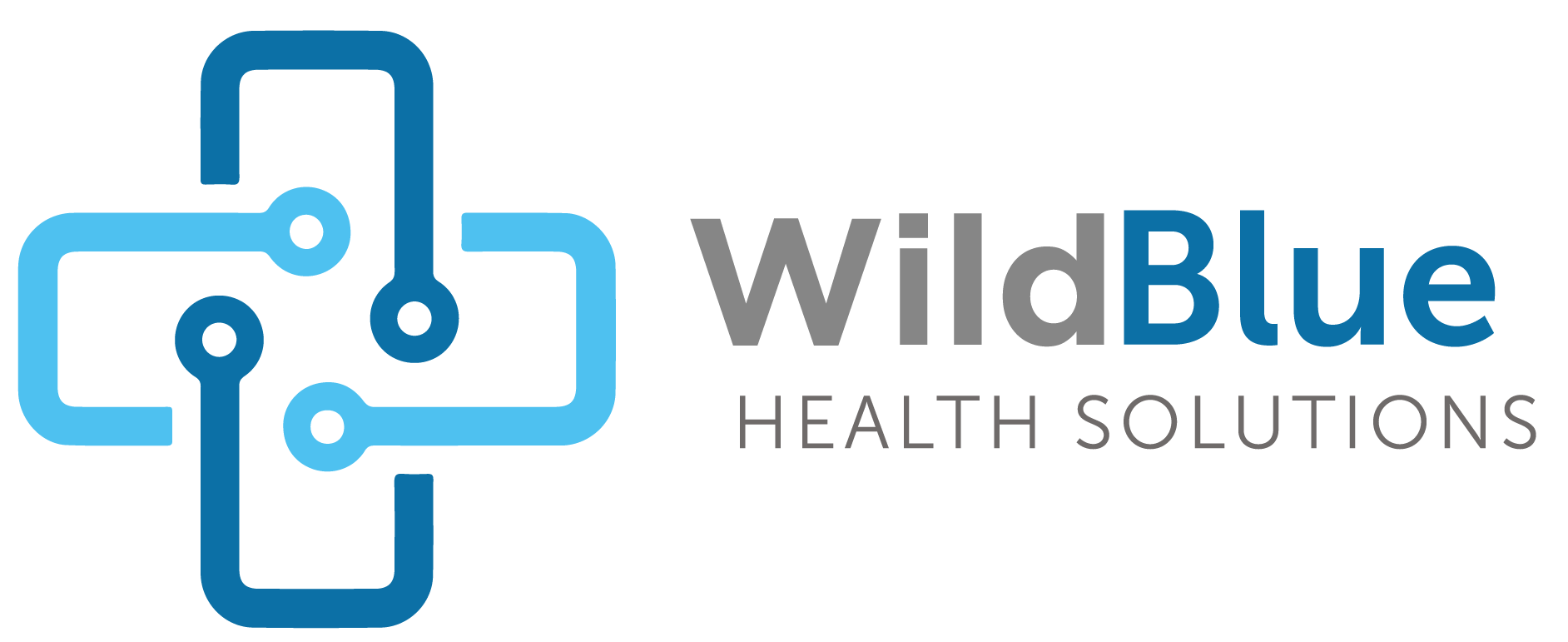
A Dylan Scott article in Vox August 7, 2023, entitled “What Happened to the Family Doctor?” discusses the changes in healthcare that have affected how primary care providers (PCP) practice medicine. Many factors are contributing to this dilemma:
- The fee-for-service (FFS) payment system pays providers more if they see more patients or perform more procedures. Some providers see as many as 30 patients per day, leaving little time to spend with individual patients or to find solutions to complex problems.
- The need to document patient visits in electronic medical records adds to the burden of time not providing direct patient care.
- Dealing with insurers and prior authorizations adds to time not spent with patients.
- Post-pandemic staff shortages contribute to the burden of running efficient medical practices.
- These factors contribute to the “moral burden” of practicing medicine in today’s dysfunctional healthcare system, which are leading to burnout and a steady climb in providers leaving primary care.
The article discusses the rise in corporate acquisitions of medical practices, direct primary care and concierge medicine.
Corporate acquisitions of medical practices have taken different approaches:
- Large retailers like Amazon, CVS-Aetna, Walmart, etc. have acquired group practices and are opening within their stores or establishing new clinics. Examples include One Medical, VillageMD, and Oak Street Health.
- Insurers like Optum are acquiring multi-specialty provider groups that include PCP’s with examples including Kelsey-Seibold and Atrius Health.
- Private equity firms are acquiring medical practices across the country, often requiring the practices to make changes that increase revenues without necessarily improving quality.
Direct primary care and concierge medicine have patients pay an annual fee which allows direct access to the PCP, home visits, and more time spent with the provider during visits. These providers often have patient panels that are a quarter to a third the size of a regular PCP. Both types of practices typically do not contract with health plans and thus avoid the hassles of dealing with insurers. These practices typically attract upper middle-class professionals who can afford the fees and tend to be healthier.
Many healthcare experts believe that a better solution that will improve access to care for all, improve quality, and reduce the cost of care is the shift to value-based care (VBC). Less than 30% of providers revenues are currently coming from value-based payments but this is expected to increase significantly in the next decade. VBC contracted providers typically are practicing team-based care which allows the PCP to delegate important functions to team members including physician extenders, care coordinators, case managers, behavioral health providers, social workers, clinical pharmacists, and community health workers. They should practice with the behavioral health provider fully integrated into the day-to-day workflow. The entire population being cared for is monitored regularly to ensure that they are closing care gaps and getting preventative care, using the PCP as the first point of care instead of ER’s or urgent care clinics, and having chronic conditions addressed regularly to improve health outcomes. Data is reviewed to meet quality metrics and to reduce inappropriate healthcare utilization with the population health team reaching out to the patients to direct their care. By improving the quality of care and by reducing costs, the VBC-contracted providers become eligible for incentive payments which helps to offset the costs associated with the changes in practice to move from FFS to VBC.
The Wild Blue Health Solutions team are experts at helping providers and groups make the transition from FFS to VBC. They also have decades of experience working with insurers and helping providers to negotiate contracts that reward VBC. Practices that have made this transition typically find the practice of medicine becomes more joyful and less burdensome. Wild Blue also works closely with non-profit organizations that are working at the systems level to reform the healthcare payment system. They can be reached at info@wildbluehealth.com.

